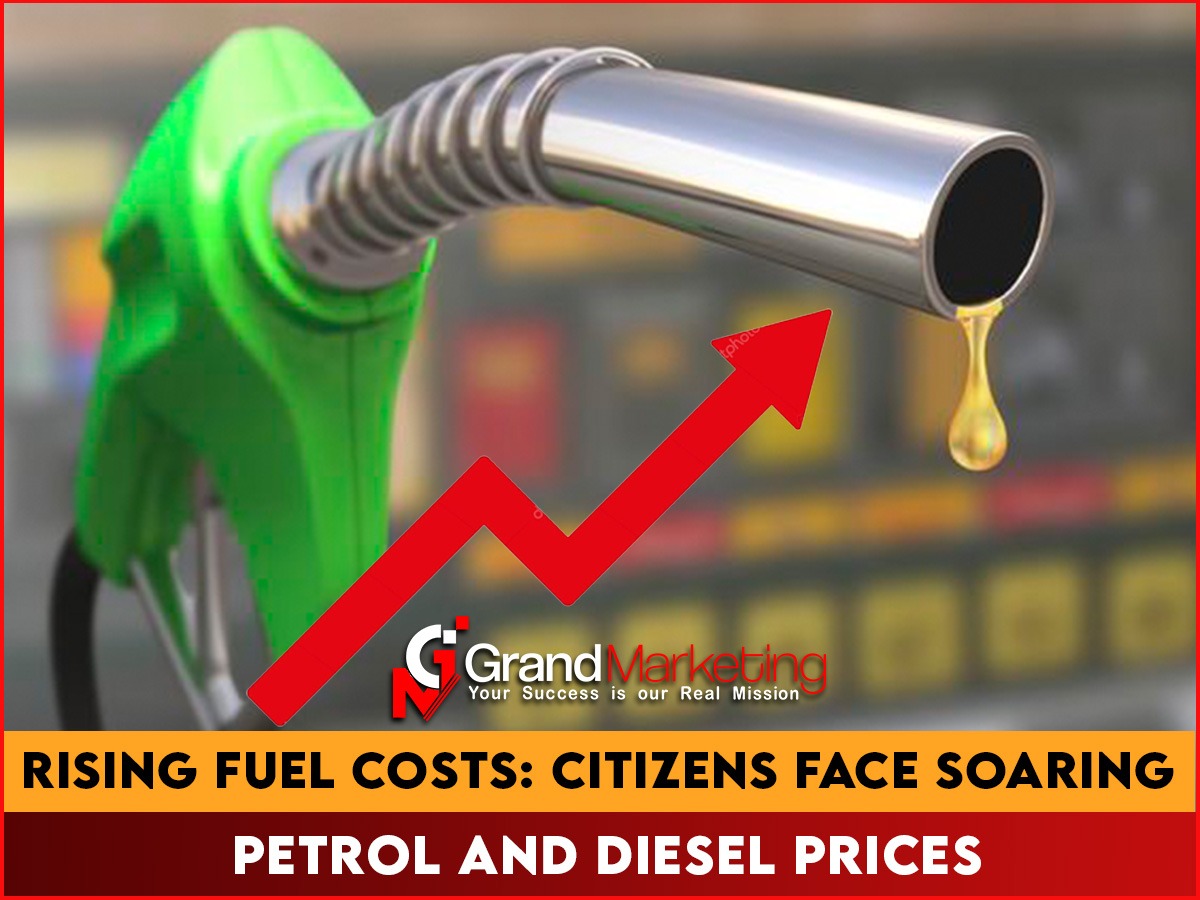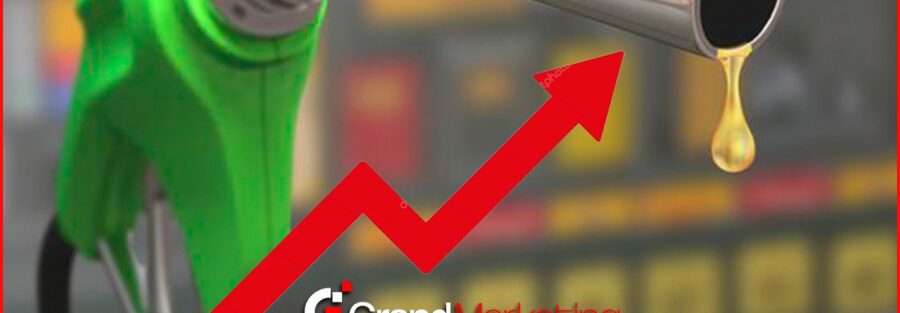
Introduction To Rising Fuel Costs:
As the calendar grew to September 2023, the people of Pakistan have been hit with yet another wave of petrol and diesel charge hikes. The intervening time government, which had taken the reins in August, took aback the country by growing the price of petrol by Rs26.02 in line with litre and high-velocity diesel (HSD) by Rs17.34 according to litre. This sudden surge in fuel expenses has left residents grappling with even greater financially demanding situations amidst already soaring inflation, rupee depreciation, and escalating fees of crucial commodities.
The Unprecedented Price Surge:
Just a day before the charge hike, speculations were swirling that petrol and HSD expenses could see a modest increase of Rs14 and Rs16 per litre, respectively. However, the reality turned out to be some distance more daunting than anticipated. The finance ministry attributed those dramatic charge hikes to the surging global petroleum costs, leading the government to revise the purchaser fees.
The new charges took effect at midnight, sending the price of petrol to an extraordinary historical excessive of Rs331.38 in line with litre and HSD to Rs329.18 consistent with litre. The meantime government had already authorized fee hikes on September 1, pushing petrol expenses past the historical Rs300 according to litre threshold for the first time within the country’s history.
Impacts on Everyday Life Because of Rising Fuel Costs:
The repercussions of those marvelous gas price hikes are felt across the board. Diesel is a lifeline for the transport and agriculture sectors, and any growth in its fee creates a ripple effect of inflation. Kerosene oil, used for cooking in far-off areas, especially inside the northern areas wherein LPG is unavailable, has also turned out to be pricier. Moreover, the Pakistan Army is based on kerosene oil in these areas, including its charge boom’s significance.
International Factors:
The situation is exacerbated by way of the global landscape. Benchmark worldwide Brent prices surged beyond 92$ in line with the barrel, up from 88$ in the first week of September. This worldwide fee growth also compounds the challenges faced by Pakistan’s consumers.
Additional Burden for Consumers:
To add to the woes of purchasers, the authorities changed into making plans to skip on an extra burden of 88 paisas in line with litre, reflecting the accelerated sale margins for petroleum sellers and advertising groups. These margins had already been authorized with the aid of the Economic Coordination Committee (ECC) of the Cabinet within the previous week.
Looking Ahead:
The future does not appear any more promising, because the import parity costs for petrol, diesel, and kerosene oil have all risen notably considering September 1. The Pakistan State Oil estimates suggest that sale expenses are anticipated to grow through Rs13, Rs16, and over Rs10 per litre for petrol, diesel, and kerosene oil, respectively. Jet fuels also are predicted to turn out to be more expensive by means of Rs10 in line with litre.
Conclusion:
As fuel fees begin to leap, the burden on the average citizen grows heavier with every passing day. The economic challenges, coupled with escalating gasoline charges, paint a grim photo for the instant future. The impact of those fuel fee hikes is anticipated to reverberate via diverse sectors of the economic system, inflicting in addition distress on the people of Pakistan.




